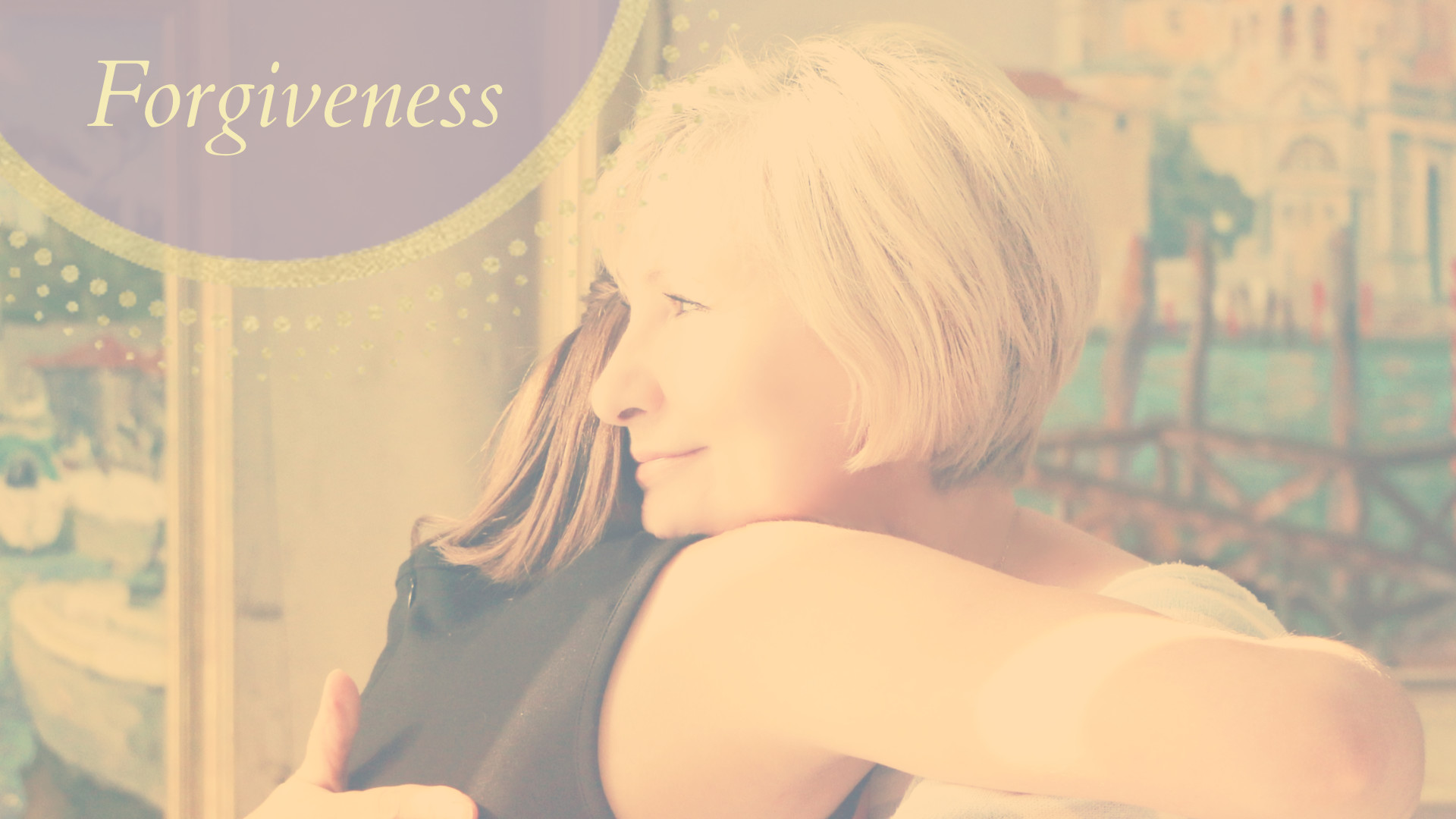

Forgiveness is an act of kindness that we may extend to ourselves or to another, yet forgiveness may be one of the hardest lessons we have to learn, especially when it comes to matters of the heart.
It requires great strength, understanding, compassion and patience. It is a state of complete acceptance of “what is” and transmutation of any previous judgments or fears. But what does this mean? How do we truly forgive and let go? I believe the answer is in our judgments and in the act of forgiving ourselves.
In the dictionary, forgiveness is defined as “compassionate feelings that support a willingness to forgive, or excuse a mistake or offence. It means to cease to feel resentment towards or grant pardon for a particular act or person.”
The two key emotions involved are compassion or resentment. Resentment is a natural by-product of our judgments and when present there is no room for forgiveness. It is energy consuming, toxic and blocks us from moving forward. It suffocates the heart, blocks any forgiveness and locks people in the past.
Compassion is the opposite emotion to resentment. It is a higher energy emotion that is kind, gentle and always patient. Compassion understands that we all make mistakes and we are here to learn and grow the best way we can: through experience. It honours mistakes as a natural part of our lives and sees them as needed for any real growth.
Compassion lets us remember that there are always two sides to every story and what we perceive to be true may not be true in the eyes of another. It understands that everything that we attract into our lives serves a purpose. What it also knows is that we are not intended to be punished or wronged in any way, just that we’re here to learn and grow, each and every day.
But how does one bridge the gap between resentments and true forgiveness? I believe the answer is in our judgments. We need to learn to let go of our judgments by forgiving ourselves. Many would disagree with this statement and argue that by suggesting we need to forgive ourselves is somehow implying we are fundamentally flawed. This is not the case. In truth, an experience is neither ‘good’ nor ‘bad’ and as such does not require a judgment. It’s our mind that seeks to place judgments upon experiences so that it may be able to understand, measure, and assimilate the information it is taking in. However, without the mind’s judgments, forgiveness is never required.
Module 1 Progress:
[progressally_objectives]


